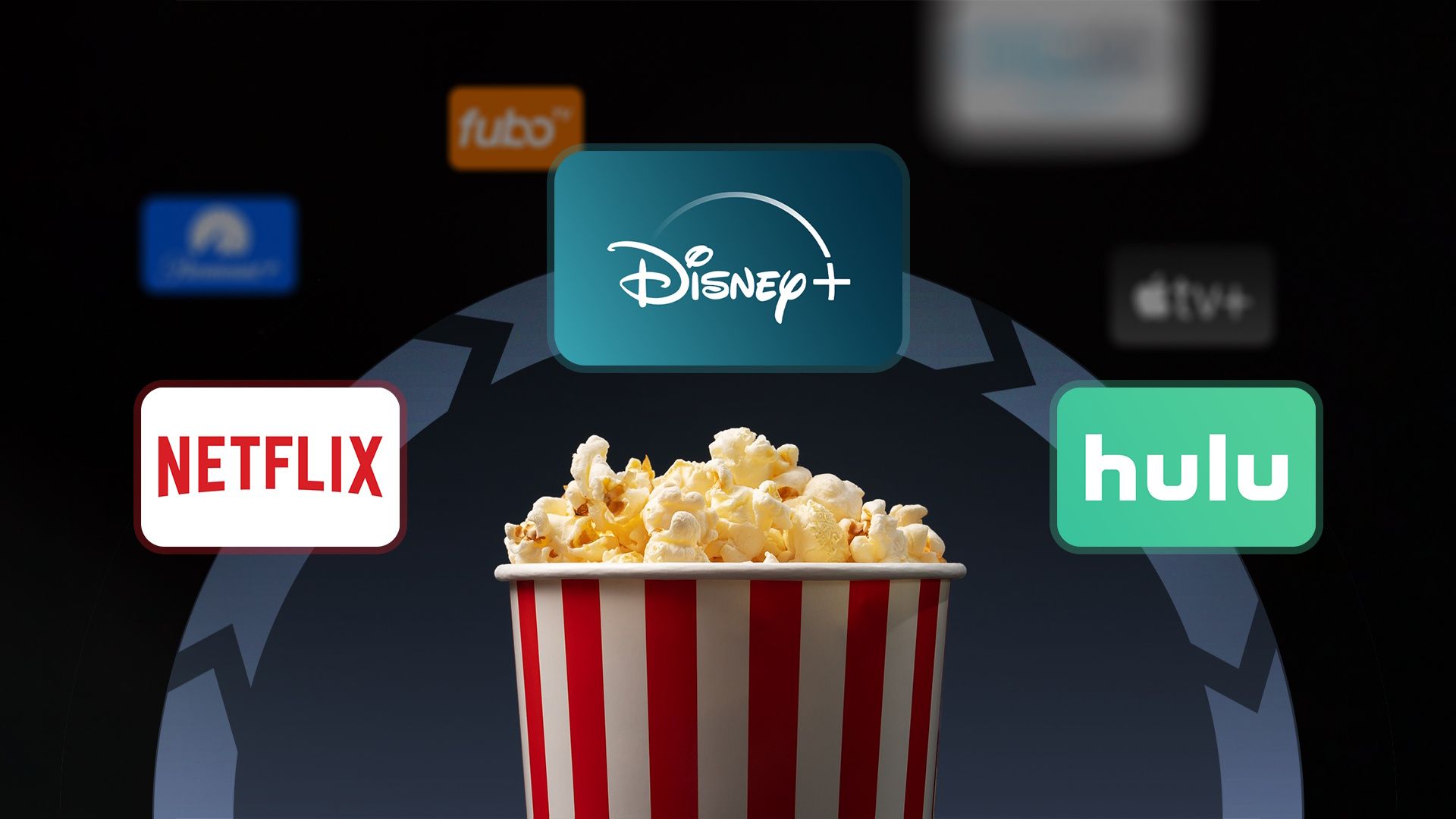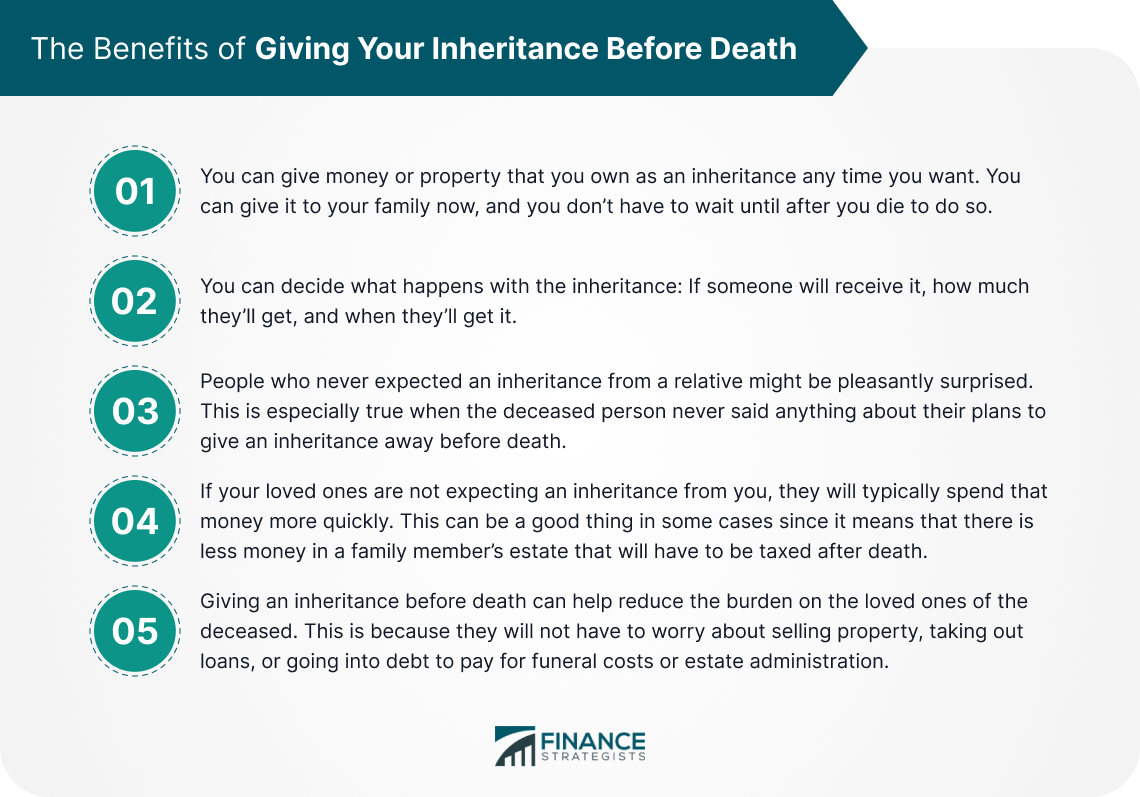
A director conducted a survey of numerous millionaires in order to write a book. Her name is Sarah Stanley Farrow. Her research has identified ‘wealth factors’ that reveal who is likely to become wealthy. These factors apply to everyone. Age or income is not important. Frugality is a key factor.
Prudent consumption means people will choose not to buy anything. They decided how not to spend money. They understand the long-term value of saving every dollar. They won’t intentionally make purchases. Let’s take a look at the financial habits that embody this. Prudent frugality can make your financial situation more stable.

1. **Buy Generic Goods**A great secret for frugal people to save money is not to buy branded products. If conditions permit, they will choose regular products. Most people like their favorite brands. Try purchasing store owned brand products to get discounts. High quality products can save more money.
Expert Todd Stern said that there is no difference between regular food and expensive food. He founded the ‘Money Handbook’. The ingredients are usually very similar. The price of grain food may only be $5. The taste of ordinary food is almost the same. Each box only costs 2 dollars. Save a little bit, accumulate more.
Food and grocery bills may be reduced by nearly half. This simple habit can bring about significant changes. This applies to food and other things. This is a common practice. Generic drugs can save a lot of money. This is another example. Be sure to consult a doctor about prescription changes.
But over-the-counter drugs save a lot of money. Same ingredients, lower price. The effect of purchasing store branded products in different places is very good. This is a simple but effective strategy. This can save more money.

2. **Always Shop With a List**Another important habit is to make a list. It can avoid unnecessary purchases. This applies not only to food shopping, but also to online shopping. Shopping in physical stores also requires making a list. A checklist can help you control your budget, like a financial fence, effectively controlling your expenses.
Use a list to stick to what you truly need. Expert Rob Weisberg also believes that shopping lists are very helpful. This way, shoppers can easily maintain their shopping trajectory. He leads a department of Inmar Intelligence. It can not only help you save money, but also help you be rational. Knowing what you need is very helpful for shoppers. A list can make you no longer feel lost in the shelves.
This way, you can confidently find things without having to bother searching for anything else. Some people find it difficult to make a list. Weisberg provided them with a practical little trick. Add some small snacks to the list, add one or two. So you can buy what you want.
It won’t disrupt your financial plan. You won’t buy too many products that are not on the list. This is planned fun, not impulse shopping. Unnecessary items can easily be excluded from the shopping cart.

3. **Eliminate Streaming Services**Many people do not want to cancel streaming services. Frugal people will cut these costs no matter what. For many people, this is a difficult choice. People feel that canceling once is useless or that canceling is too difficult. Some people just enjoy the convenience of subscriptions and enjoy simple and convenient entertainment experiences.
But stopping using unused services can save a lot. In the long run, you can achieve significant savings. Scott Lieberman provided suggestions on this matter. Cancelling streaming services is no longer worth the price. He founded Touchdown Money website. Bundle streaming services with other services, such as mobile packages or grocery delivery.
He pointed out that this is a wise move. Walmart+already includes Paramount streaming services. Amazon Prime includes Prime Video service. Some Verizon packages include Disney+and Hulu. ESPN+is sometimes bundled for sale. Free streaming services are flourishing. Lieberman suggests trying these alternative solutions.
Compared to paid subscriptions, it has powerful features. Roku, Pluto, and Tubi offer a large number of programs, many of which are free. These services do not require a monthly fee. Watch live news on YouTube channel. Mainstream television networks like NBC and ABC News also release clips for free.
Always choose free or bundled services. This can effectively avoid unnecessary monthly expenses.

4. **Cut Back on Discretionary Spending**A frugal lifestyle means cutting down on discretionary expenses. This is its core meaning. It refers to non essential purchases or actions. These things are not basic needs, they do not belong to the necessities of life. Frugal people will deliberately reduce these things. They will consciously exclude these expenses.
Needs and goals are more important than desires. Anthony De Filippis mentioned good habits here. He is the head of Amplify 11 company. Developing habits may initially feel challenging. Cook at home and eat out less. Take a bus or carpool instead of driving alone. Reduce expenses such as subscriptions and impulse shopping.
These habits may require effort at first, but they will help you save money in the future. The financial situation will significantly improve. DeFilipis said that cutting non essential expenses would be the most helpful. It forces people to prioritize their own expenses. This is the most fundamental benefit. Eliminating these unnecessary needs can enable people to
They spend money on important goals. The funds are instead used for very important financial goals. This includes quickly repaying debts. Debt repayment releases future income.
Establishing an emergency fund is also important. This is a safety net against costs. For the future, we need to make some purposeful exclusions. This is not about buying things for immediate pleasure. Non essential satisfaction is not the goal.

5. **Create and Stick With a Budget**Developing a realistic budget is the key to developing good habits. Persisting is also crucial. This can avoid unplanned expenses. At first, it may seem scary, but in the future, the returns will be huge. Over time, it will bring substantial returns. A good budget is like a financial roadmap.
It guides where your money is spent. Both expenditure and savings decisions can be guided. A good budget can help you find places to cut expenses. You can also discover unnecessary expenditure areas. It can clearly display where your money has been spent. Clear understanding of your consumption habits. Reveal opportunities to eliminate wasteful consumption.
It can not only track expenses, but also help you achieve your goals. It can help you save money to pay for your down payment or retirement, or help you develop investment plans. The budget requires fixed expenditures. Rent or mortgage loans are fixed. This also includes variable expenses.
Expenditures on food, groceries, gasoline, clothing, and other items vary. The water and electricity fees and entertainment expenses are also different. Set feasible expenditure limits. Each category needs to be restricted. Consciously control expenses and keep them within limits. Persisting in budgeting is the frugal way of life.
Avoid spending beyond the planned scope. Always control finances in this way. Moving towards the goal of wealth.




